Autonomous cars may prompt the changing of Australian drink-driving laws
The rise of autonomous vehicles could significantly change future driving laws
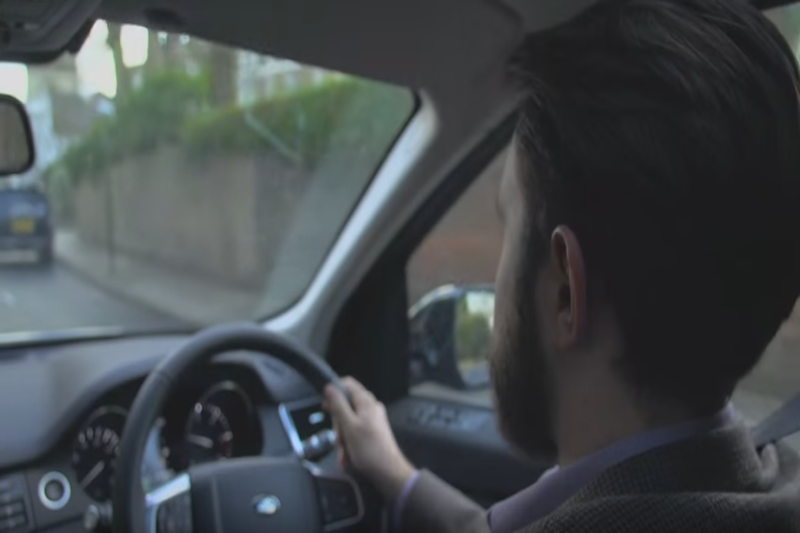
An Australian report suggests that drink-driving laws should not apply to people if they use self-driving cars, when the technology comes of age.
With autonomous cars already being tested in Australia, the The National Transport Commission (NTC) has been looking at what legislative changes will be necessary when self-driving cars become common. In fact, the NCT believes that current laws could potentially be a "barrier" to the use of these cars, which are expected in commercial rollouts by 2020.
The NTC recently published a report which looks into many different aspects of the laws that would need changing, such as whether the responsibility lies with the person in the car or the autonomous driving system.
It also suggested that drivers who are under the influence of drugs or alcohol should not be subject to drunk driving laws if using an autonomous car, stating that getting into a self-driving car drunk is similar to getting into a taxi.
The report states: "Enabling people to use an automated vehicle to drive them home despite having consumed alcohol has the potential to improve road-safety outcomes by reducing the incidence of drink-driving."
The report does, however, note that this exemption should not apply to drivers under the influence who are in vehicles that can switch to manual driving.
While the technology may still be a while away from full autonomous cars, the NTC thinks they "will have overall safety benefits for the road network by reducing the risk of human error".
Get the ITPro daily newsletter
Sign up today and you will receive a free copy of our Future Focus 2025 report - the leading guidance on AI, cybersecurity and other IT challenges as per 700+ senior executives
-
 Asus ZenScreen Fold OLED MQ17QH review
Asus ZenScreen Fold OLED MQ17QH reviewReviews A stunning foldable 17.3in OLED display – but it's too expensive to be anything more than a thrilling tech demo
By Sasha Muller
-
 How the UK MoJ achieved secure networks for prisons and offices with Palo Alto Networks
How the UK MoJ achieved secure networks for prisons and offices with Palo Alto NetworksCase study Adopting zero trust is a necessity when your own users are trying to launch cyber attacks
By Rory Bathgate
-
 Why cutting-edge innovation is killing the planet
Why cutting-edge innovation is killing the planetIn-depth AI and robots will do our work, we’ll get paid in cryptocurrency, and cars will drive themselves – but each of these technologies is a massive energy hog
By Nicole Kobie
-
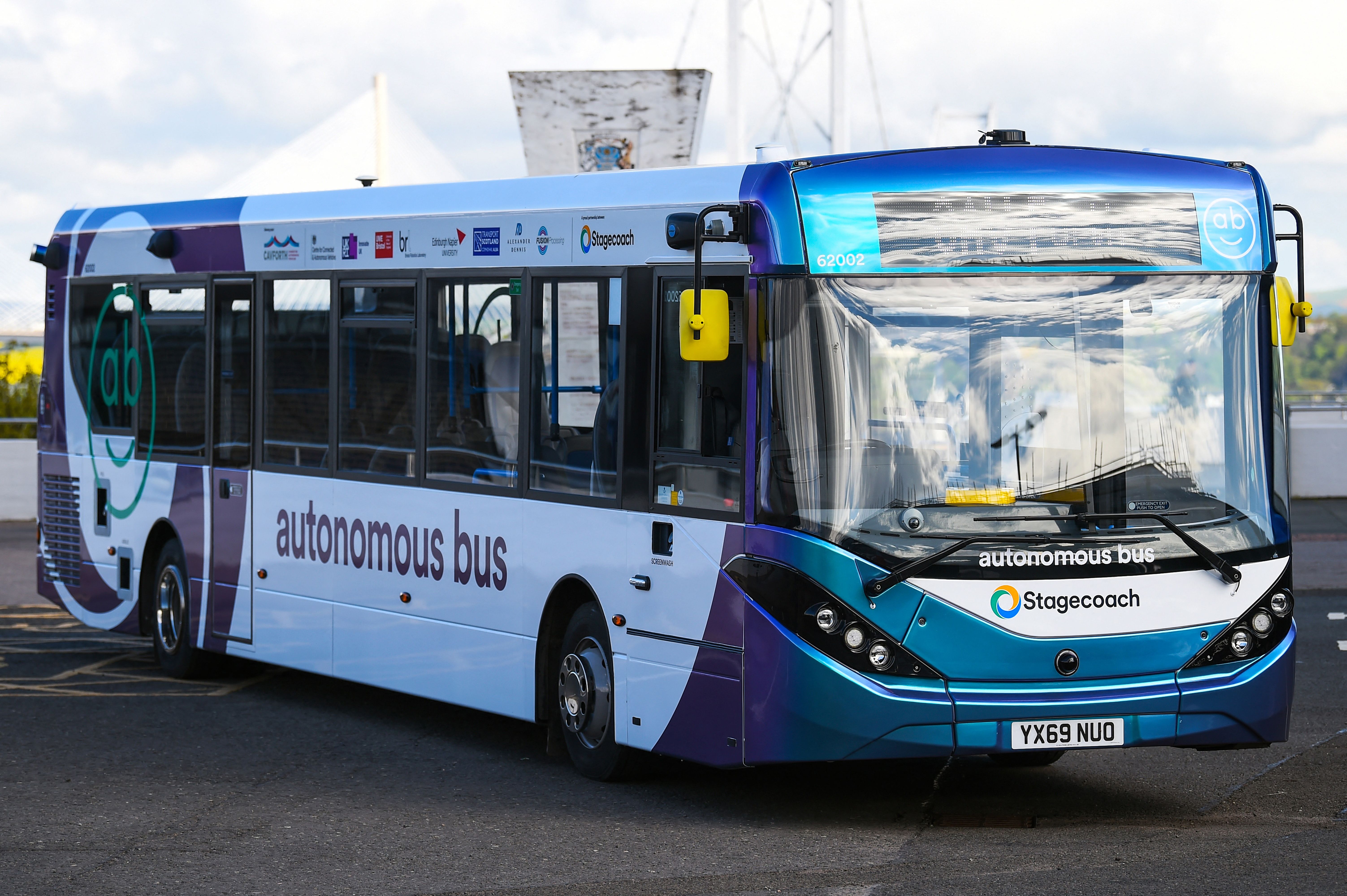 Meet the CAVForth project: The world's first autonomous bus
Meet the CAVForth project: The world's first autonomous busCase Study Edinburgh's AB1 route, in Scotland, lets the public catch a ride on an self-driving bus over the Forth Road Bridge. But is this really the future of public transit?
By Nicole Kobie
-
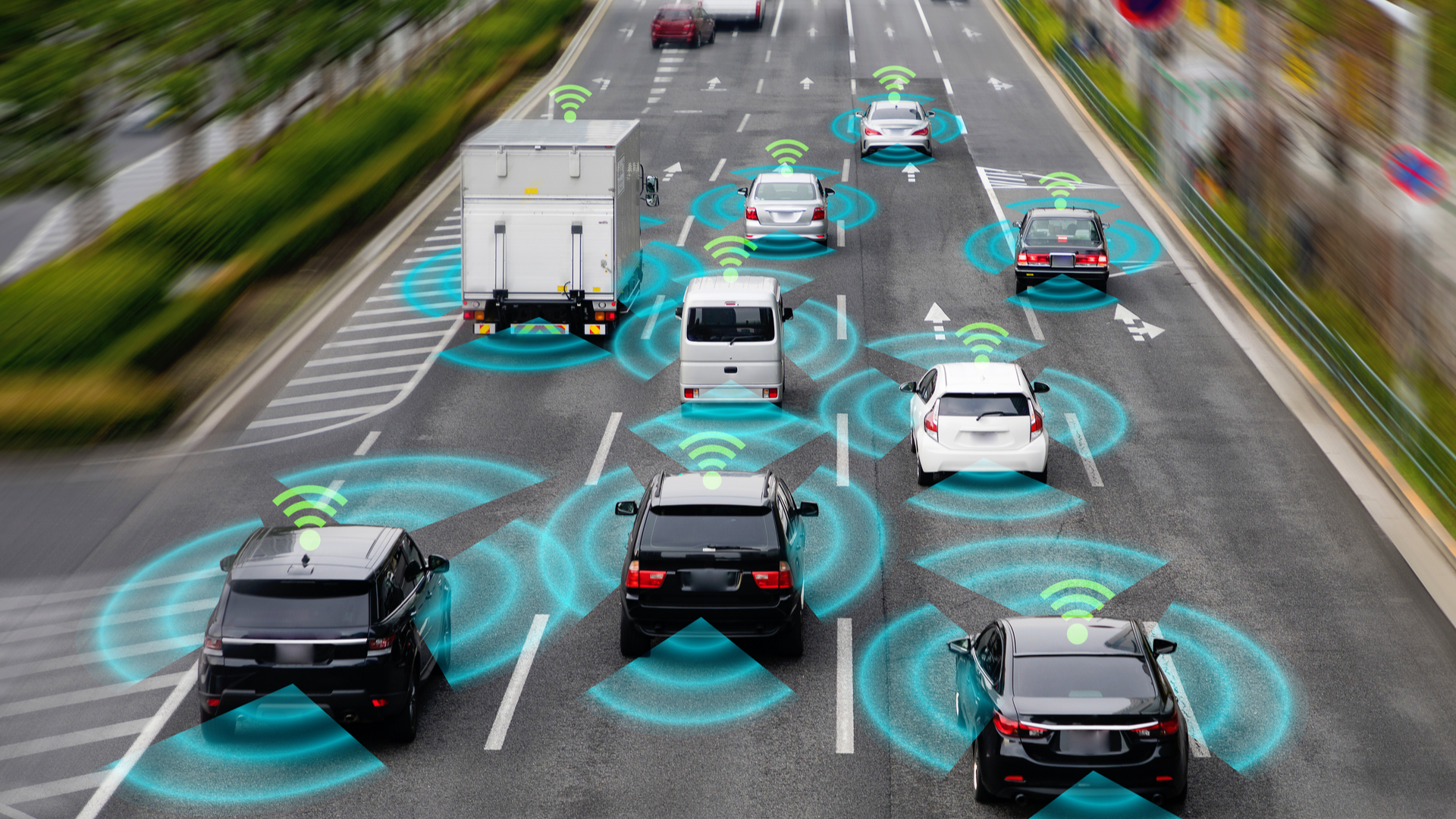 Sonatus secures $35 billion to spur software-defined vehicles
Sonatus secures $35 billion to spur software-defined vehiclesNews The funding will be used to turn cars into data centers on wheels
By IT Pro
-
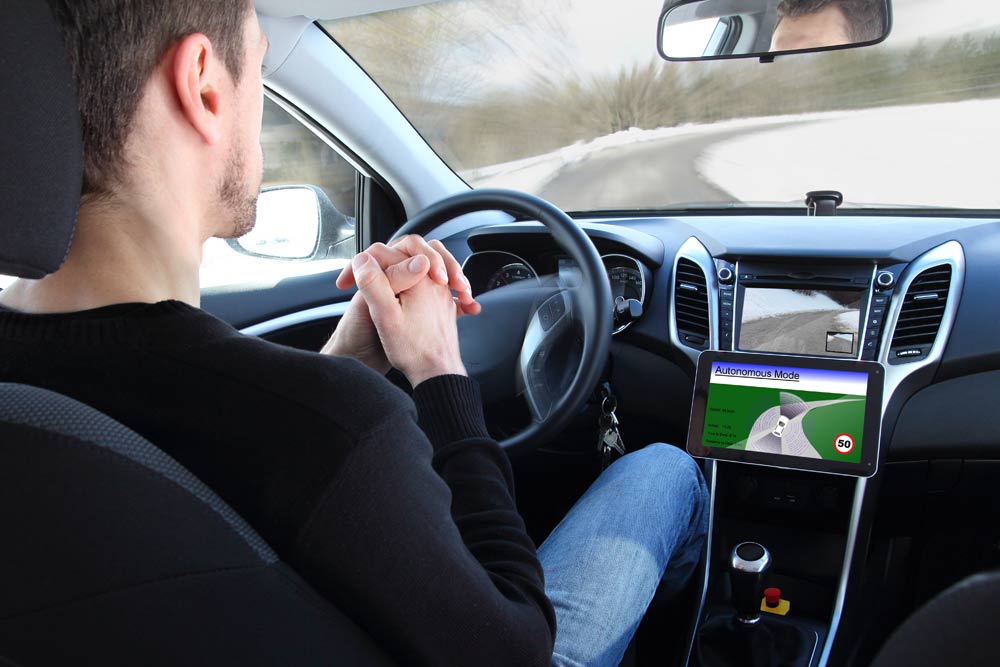 Oculii raises $55 million for its AI-powered radar software
Oculii raises $55 million for its AI-powered radar softwareNews The VAI platform by Oculii improves the angular resolution of any radar by up to 100 times
By Praharsha Anand
-
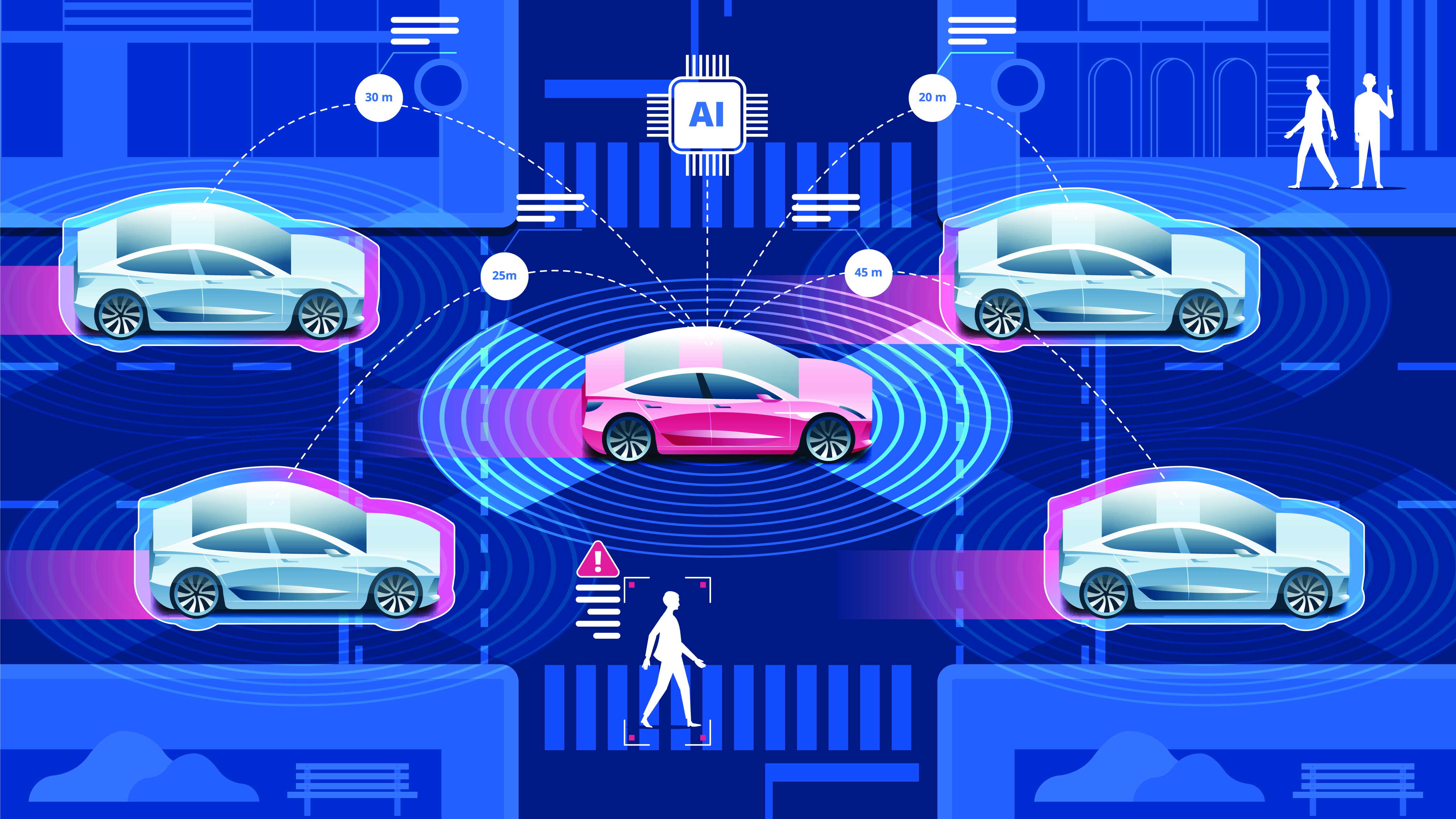 ZF augments vehicle intelligence with next-gen AI supercomputer
ZF augments vehicle intelligence with next-gen AI supercomputerNews New ZF ProAI packs a punch with up to 66% more computing power than its predecessor
By Praharsha Anand
-
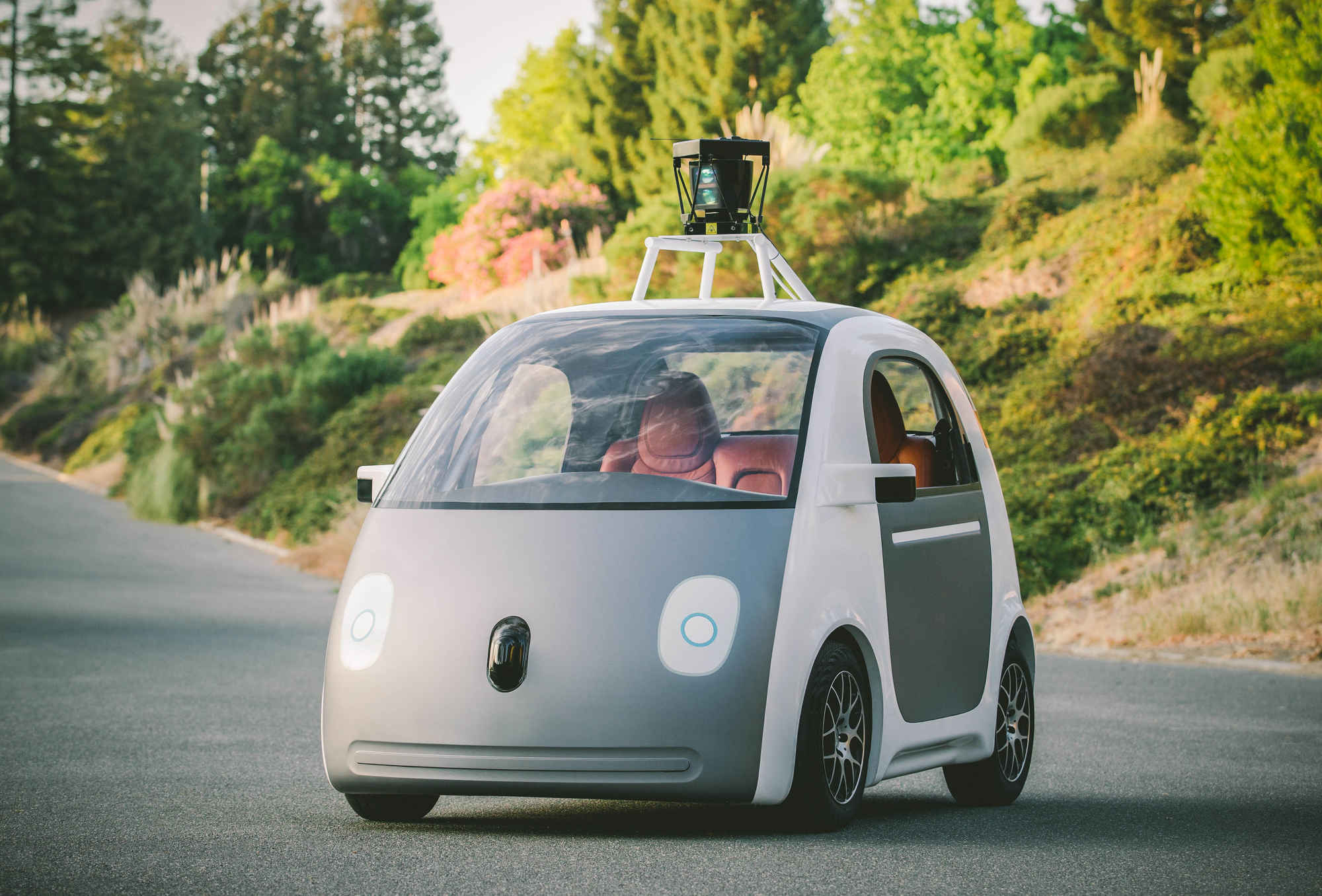 Why driverless cars don't belong on public roads (yet)
Why driverless cars don't belong on public roads (yet)Opinion Autonomous vehicles still can't account for human error
By Jane McCallion
-
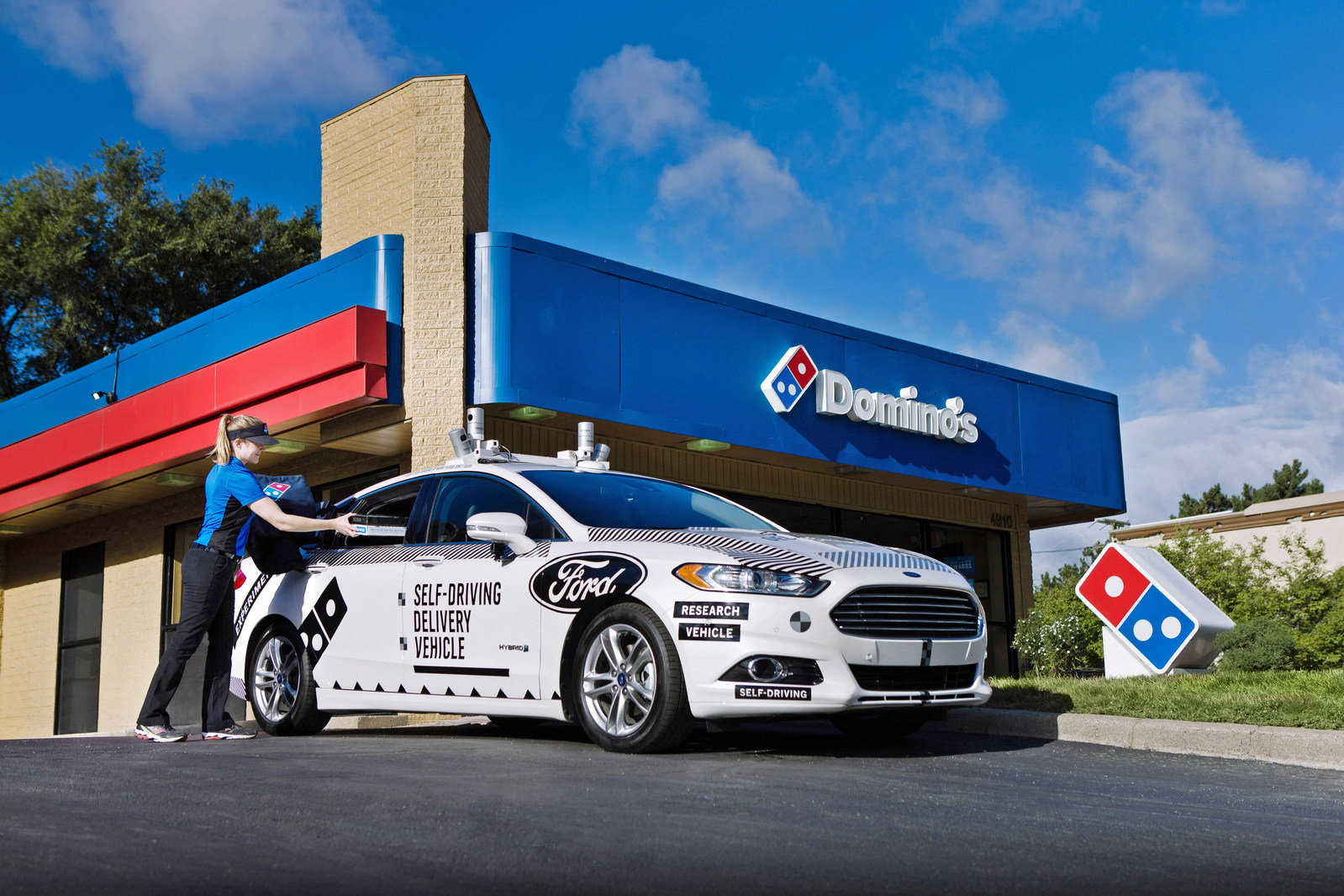 One large pizza, extra onions, hold the tech gimmicks
One large pizza, extra onions, hold the tech gimmicksOpinion Driverless pizza deliveries do nothing for customer service, argues Jane McCallion
By Jane McCallion
-
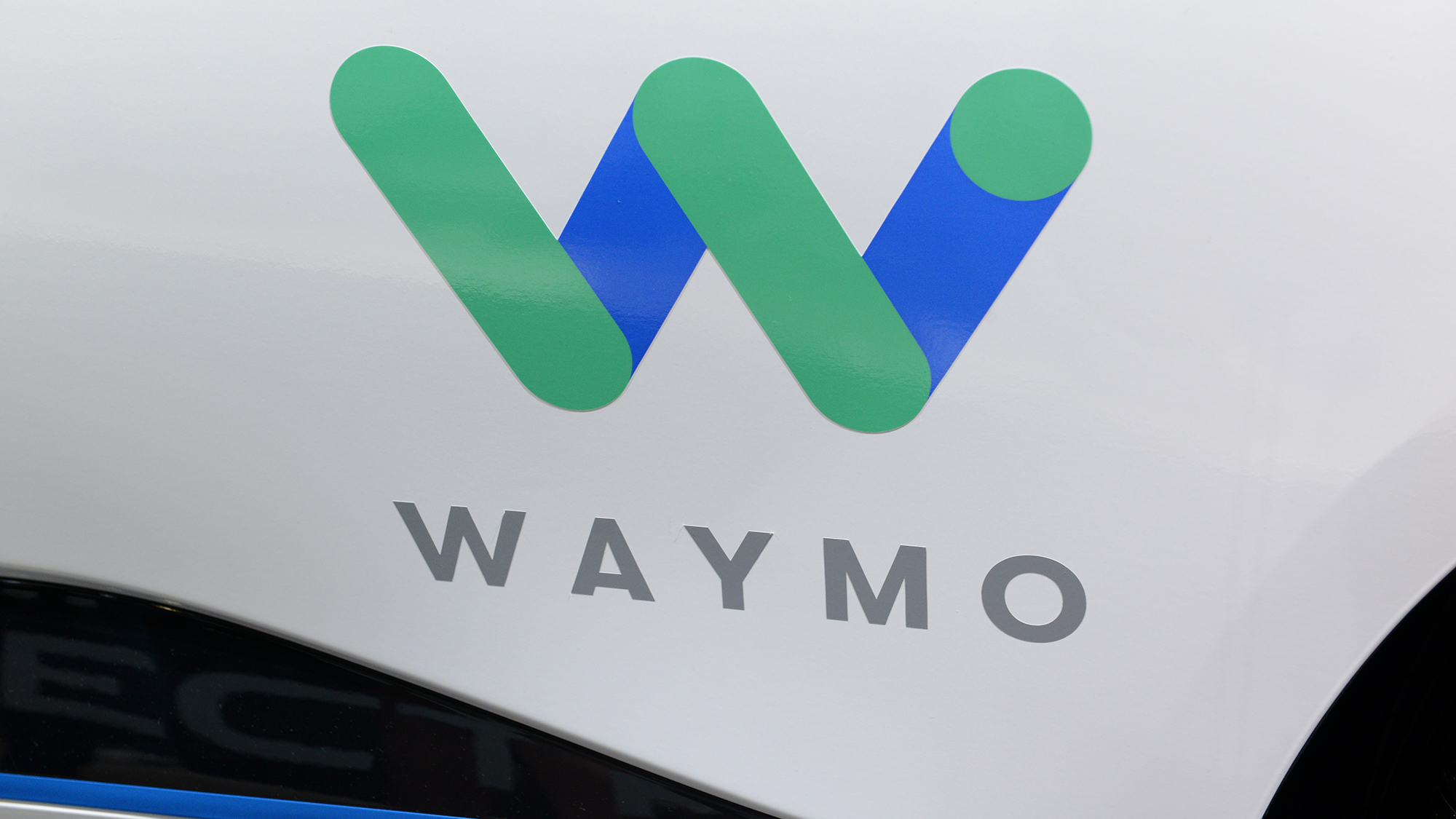 Google's Waymo company wants to make soft autonomous cars
Google's Waymo company wants to make soft autonomous carsNews A patent describes cars that soften before impact
By Curtis Moldrich